Enlarged Prostate and Prostate Cancer Signs & Symptoms (& Why They Occur)
In this video, we’re going to talk about how to shrink your enlarged prostate and stop nighttime bathroom trips
The daily formula has 14 essential bladder and prostate herbs, minerals, and vitamins to work from within to eliminate all problems. = https://cutt.ly/sJ2Jmpn
.
50% of men will have an enlarged prostate during their lifetime. An enlarged prostate is also known as benign prostatic hyperplasia (BPH). This condition can cause frequent urination and sleep interruptions.
Is BPH the same as prostate cancer? BPH is actually very different from prostate cancer—take a look.
BPH:
• Not deadly
• Does not turn into cancer
• Does not spread
• Urination problems
Prostate cancer:
• Damaged normal mitochondria turn into cancer
• Can spread
• Painful urination
• Blood in urine
• Erectile dysfunction
• Painful ejaculation
• Blood in semen
Estrogen may be responsible for many prostate cancer cases. Food-sourced phytoestrogens could be beneficial for those with early-stage cancer. However, they may increase your risks if you have stage 3 to 4 cancer.
Type 2 estrogen increases your risk of BPH. Phytoestrogens can help decrease type 2 estrogen. Aromatase inhibitors and 5-alpha reductase inhibitors may also lower your risk of BPH.
Causes of an enlarged prostate:
1. Decreased testosterone and increased estrogen
As you age, your testosterone decreases and your estrogen increases. Type 2 estrogen is the primary cause of an enlarged prostate.
2. DHT
Aside from causing hair loss, DHT can also increase your risk of an enlarged prostate. High levels of 5-alpha reductase can increase DHT.
How to reduce your risk of BPH:
1. Phytoestrogen-rich foods
• Genistein
• Cruciferous vegetables
2. Aromatase inhibitors
• Citrus peels
• Stinging nettle root
• DIM
3. 5-alpha reductase inhibitors
• Saw palmetto
• Pumpkin seeds
• Zinc
• Green tea
4. Normalize your insulin
• Healthy Keto
• Intermittent fasting
5. Reduce potential estrogen boosters
• Cut out alcohol
• Decrease dairy consumption
• Avoid plastics
• Filter your water
• Eat organic foods
-
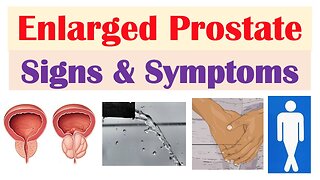 14:15
14:15
Health and Fitness in Focus
1 year agoEnlarged Prostate Signs & Symptoms (& Why They Occur)
4 -
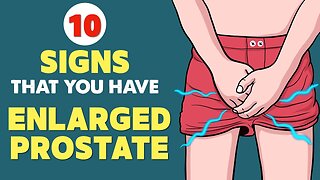 6:38
6:38
Health and Fitness in Focus
1 year agoEnlarged Prostate (BPH) - Signs & Symptoms | Every Man Needs to Know This
1 -
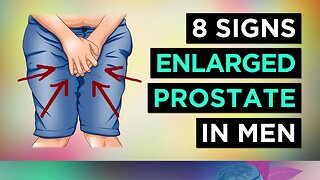 9:52
9:52
Ryan Taylor Natural Remedies
8 months ago $0.03 earned8 Signs You Have ENLARGED Prostate (BPH) | Men
128 -
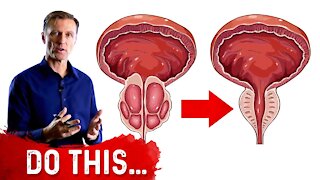 5:57
5:57
Dr. Eric Berg
3 years agoShrink Your Enlarged Prostate
1.36K3 -
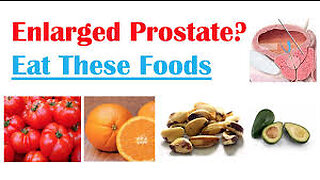 10:00
10:00
Prostate Care Network
1 year agoBest Foods to Eat With Enlarged Prostate Reduce Risk of Symptoms Enlarged & Cancer
12 -
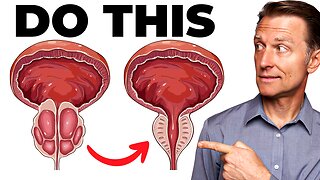 4:41
4:41
Dr. Eric Berg
21 days agoThe ONE FOOD That Shrinks an Enlarged Prostate
4.23K3 -
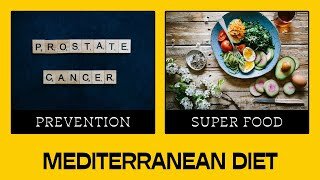 12:45
12:45
Random and Boring TV
7 months agoFoods That Stop Prostate Cancer: Revealed!
102 -
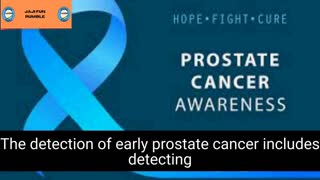 3:44
3:44
jaji57
1 year agoProstate cancer - Symptoms and causes
994 -
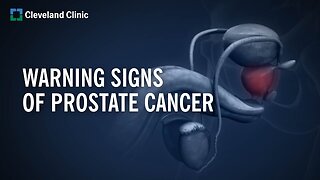 4:55
4:55
Healthy Male Life
1 year ago10 WARNING SIGNS OF PROSTATE CANCER
16 -
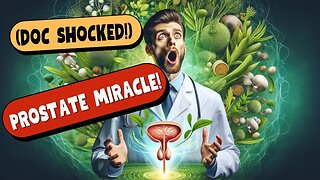 10:10
10:10
Remedies Insider
1 month agoShocking Herbs That Can Help Improve Enlarged Prostate
26